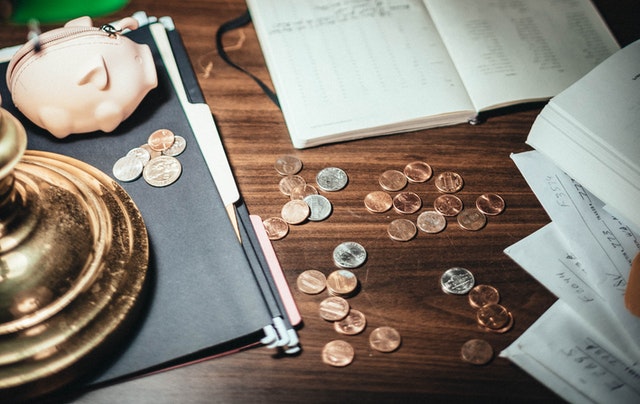It seems like we never run out of news headlines reporting about the rising average Canadian household debt and how people are hard-pressed to meet monthly payments. But what does it really mean to be in too much debt? And how much is too much? This article examines four vital signs of too much debt and offers solutions that a Licensed Insolvency Trustee can help you reduce or even eliminate your debt. Read on!
You Can Only Afford to Pay YourMinimum Payments On YourLoans
Many individuals believe that paying the minimum payment is the best way to satisfy their commitments, but this has numerous flaws. If you only pay the minimum payments on your loans each month, it will take considerably longer to pay off your balance and cost you a lot more money in interest.
Even a tiny amount of debt, such as $300, might take you more than 40 months to repay. You'll also be paying extra interest on your loan, so your $300 purchase will wind up costing you much more than what you originally thought it would cost you.
You Don't Have a Concrete Idea of How Much You Owe
Hiding from your debt will not make it go away. It helps to make a list of your accounts and their current balances by obtaining a copy of your credit reports and the most recent account statements from your creditors. Don’t just throw your unopened mail into your garbage, make sure you open it and review the details. This way, you won't keep getting blindsided by late payments or growing balances.
You SkipPaying Off Higher Interest DebtFor Lower Interest Debt
If you prioritize paying off low-interest debt such as your mortgage or car payment, overpaying off credit cards, payday loans or other higher interest financing that is causing financial stress, this is a strong indicator that you are carrying too much debt or that you are not paying off your debt in an efficient manner. You could be passing on a chance to gain control of your finances and pay less interest over the long term. Usually, we make larger payments on lower interest loans to try to pay it down quicker or because it feels better to be paying of assets. However, if we are carrying large amounts of high-interest debt, even though it has small minimum payments, we might not be making the smartest decisions or getting ahead.
If you're making additional payments on your low-interest debt but haven't made any additional payments on higher-interest debt, you might want to evaluate where that money should be going. Keep in mind that this advice is only applicable to low-interest loans.
Mortgage rates are now approaching all-time lows. Thus borrowing is deemed "cheap." However, the interest rate on your credit card bill is likely to be in the double digits, making interest fees higher than you likely are imagining. If you have a credit card bill with a high APR, you likely should prioritize paying it off before paying additional money on smaller loans, unless you have a specific reason for doing so.
Your Loan Applications Are Being Denied
And a final sign that you’re carrying too much debt is if you've sought loans and haven't been accepted or the terms and interest rates are poor. If a lender grants you a loan, but the terms appear terrible (for example, a very high interest rate), it's an indication that you're not regarded as a reasonable risk and your credit isn't good, and the bank is trying to protect itself against default.
It doesn't take much to affect your credit rating and score. Late bills and debt payments can hurt your credit report, and persistent payment issues can exacerbate this tendency. Your payment patterns, credit history, total amount of debt, and credit usage are just a few factors that will affect your score.
Conclusion
We all understand what it means to be in debt. But really the thing you need to consider is what does it mean for YOU to be in debt? Is your debt a significant concern in your life? Are you always concerned about paying your next payment on time? Do you have the impression that there is no end in sight? If this is how you feel, the sort of debt you have is not good and must be addressed immediately.
Paul J. Pickering and Associates is one of the best Licensed Insolvency Trustee Firms and debt relief companies in London, ON! Our team of experts is ready to study and assess your financial situation to provide solutions ranging from debt and financial counselling, proposals, consumer proposals and more! Contact us today for a free initial consultation!


